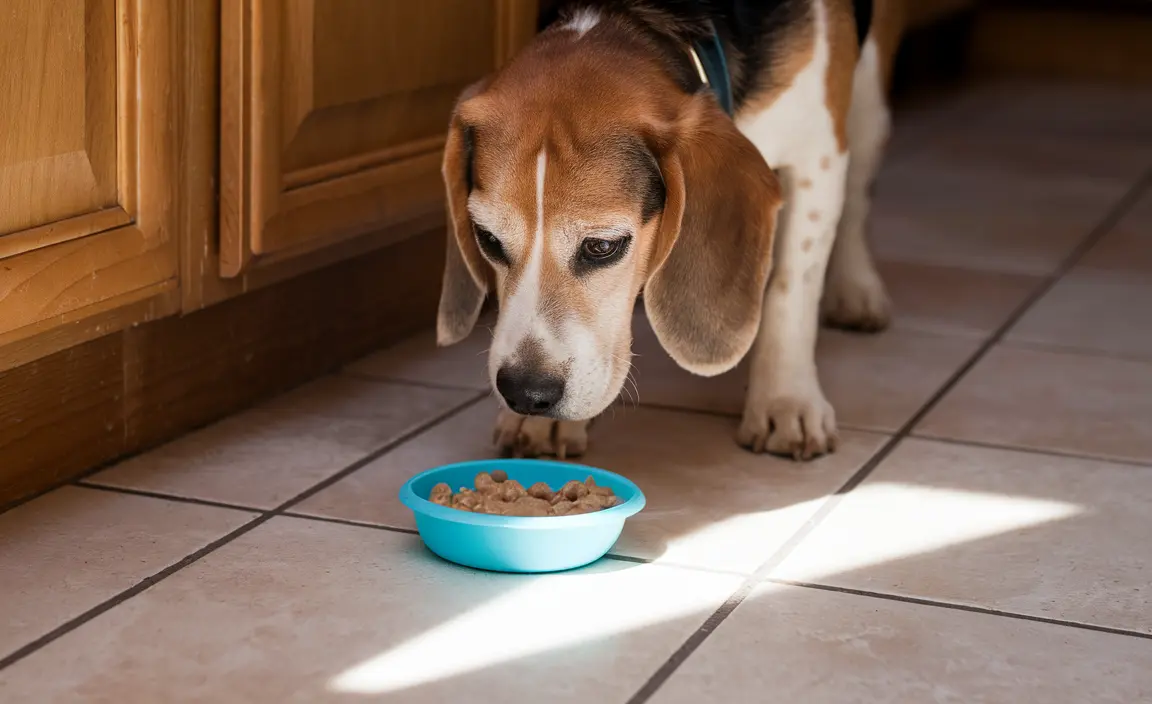As a pet owner, you might find yourself wondering about unique dietary options for your furry friend, especially when they're experiencing health challenges. Baby food can seem like an appealing solution for dogs with appetite issues or special nutritional needs. However, understanding the nuances of feeding baby food to dogs is crucial for maintaining their health and well-being.
This comprehensive guide will explore everything you need to know about feeding baby food to dogs, including safety, benefits, risks, and best practices.
Understanding Baby Food as a Dietary Option for Dogs
Baby food can be a temporary dietary supplement for dogs, but it's not a long-term nutritional solution. Veterinarians and pet nutrition experts suggest that baby food might be useful in specific scenarios, such as when your dog is recovering from illness, experiencing reduced appetite, or needs help taking medication.
Types of Safe Baby Food for Dogs
Not all baby foods are created equal when it comes to canine nutrition. Here are some guidelines for selecting safe baby food options:
- Meat-based baby foods (chicken, turkey, lamb)
- Single-ingredient fruit or vegetable purees
- No added sugars, artificial flavors, or preservatives
- Avoid foods containing onions, garlic, or xylitol
Potential Benefits of Baby Food for Dogs
Baby food can offer several advantages in specific situations:
- Easy to digest for senior dogs
- Helpful for dogs recovering from surgery
- Useful for administering oral medications
- Can stimulate appetite during illness
Important Precautions When Feeding Baby Food to Dogs
Ingredient Screening
Always carefully read baby food labels to avoid potentially harmful ingredients. Toxic components like onion powder, garlic, and artificial sweeteners can cause serious health issues in dogs.
Nutritional Limitations
Baby food should never replace a balanced, veterinarian-recommended dog diet. It lacks the comprehensive nutritional profile required for long-term canine health, including essential proteins, vitamins, and minerals specific to dogs' needs.
Proper Usage and Recommendations
Portion Control and Frequency
Use baby food sparingly and as a temporary supplement. Veterinarians recommend:
- Limited quantities
- Short-term usage
- Always consult with a professional before making dietary changes
Storage and Handling
To ensure safety and prevent spoilage:
- Refrigerate opened baby food
- Use within 24 hours
- Discard if there are signs of contamination
- Introduce gradually to monitor digestive response
Frequently Asked Questions
Can dogs eat baby food without facing health risks?
Dogs can eat certain baby foods safely when used appropriately. However, always consult your veterinarian and carefully select foods without harmful ingredients.
What types of baby food are safe for dogs?
Plain, single-ingredient meat or vegetable purees without added sugars, salt, or artificial ingredients are generally the safest options.
How do I incorporate baby food into my dog's diet safely?
Start with small amounts, monitor your dog's reaction, and use it only as a temporary supplement under veterinary guidance.
Is it okay to replace regular dog food with baby food?
No, baby food lacks the complete nutritional profile dogs need and should never permanently replace balanced dog food.
What are the potential risks of feeding baby food to dogs?
Risks include nutrient deficiencies, potential toxic ingredients, digestive issues, and inadequate nutrition if used long-term.
While baby food can be a helpful tool in specific situations, it's essential to approach its use with caution, knowledge, and professional guidance. Always prioritize your dog's overall health and consult with a veterinarian before making significant dietary changes.






